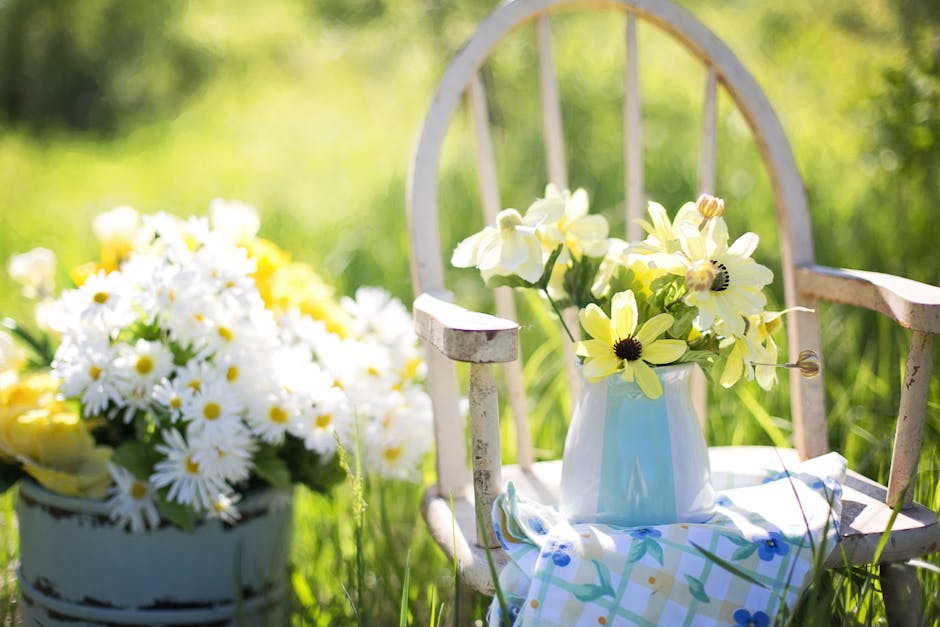Creating A Vintage Bathroom
One of the biggest design trends to come out of recent years has to be the vintage look. Cropping up in new builds, cafes and work places up and down the country, the vintage look has earned itself a firm place at the top of the design world as of late. The vintage style is an easy to recreate design and is a great way of revamping a bathroom to breathe a new lease of life in to your home.
Wall Tiles
The key step to achieving that vintage look is by installing white metro tiles. Metro tiles are an iconic feature of any vintage look thanks to their historical use in the London Underground. Not only this, but a white tile will help to make any room feel larger and more airy, transforming an otherwise drab space in to one that feels spacious and inviting. For a true vintage look, use a gloss metro tile. Their shine is unparalleled and will bring in a beautiful sense of light to a room while also being unbelievably easy to clean. To further enhance this vintage look, use a contrasting grout colour. With a while metro tile use a grey or black grout to make the tile really pop. This gives an authentic vintage look and gives your tiles a chance to shine through as a design feature. Don’t feel as though you are restricted to white tiles, you can still get that vintage look using other colours such as black or grey. While colour is less important, it is worth noting that the metro tile is your best bet design wise compared to other tile types.
Floor Tiles
For your floor use a patterned tile, ideally a black and white design. The contrast of the block colour from the wall tiles and the black and white pattern on your floor creates a gorgeous sense of dimension to your bathroom. The patterned tile is perfect for the vintage look as it introduces a more sophisticated design theme. Try to aim for a geometric pattern as opposed to an abstract or floral design. The geometric design is far more true to the vintage look and will automatically improve the general aesthetic of the room.
Accessories
No vintage bathroom is complete without the use of copper or tarnished metals. When looking for faucets for example, copper is an excellent way of emulating that distressed look. Similarly, a feature bath makes for a beautiful centre point in a room. When trying to achieve the vintage look its important to remember that often more is less. Think exposed radiators, bare floorboards and light fixtures without lamp shades to give that stunning industrial and stripped down look. As well as this, try including vintage furniture pieces such as metallic soap dishes or toothbrush holders, the vintage looks works by combining all of the little things to create one truly unbelievable look.
Creating the vintage look has never been easier thanks to its popularity over recent years. The focal point of creating the vintage look however is in the tiles. Choosing the right tile will propel your bathroom in the right direction in an instant. Tiles are essentially the blank canvas from which you build your whole design, so it’s important to plan them meticulously before you buy and install them. From there, the rest should come with ease until you have your dream vintage bathroom.








